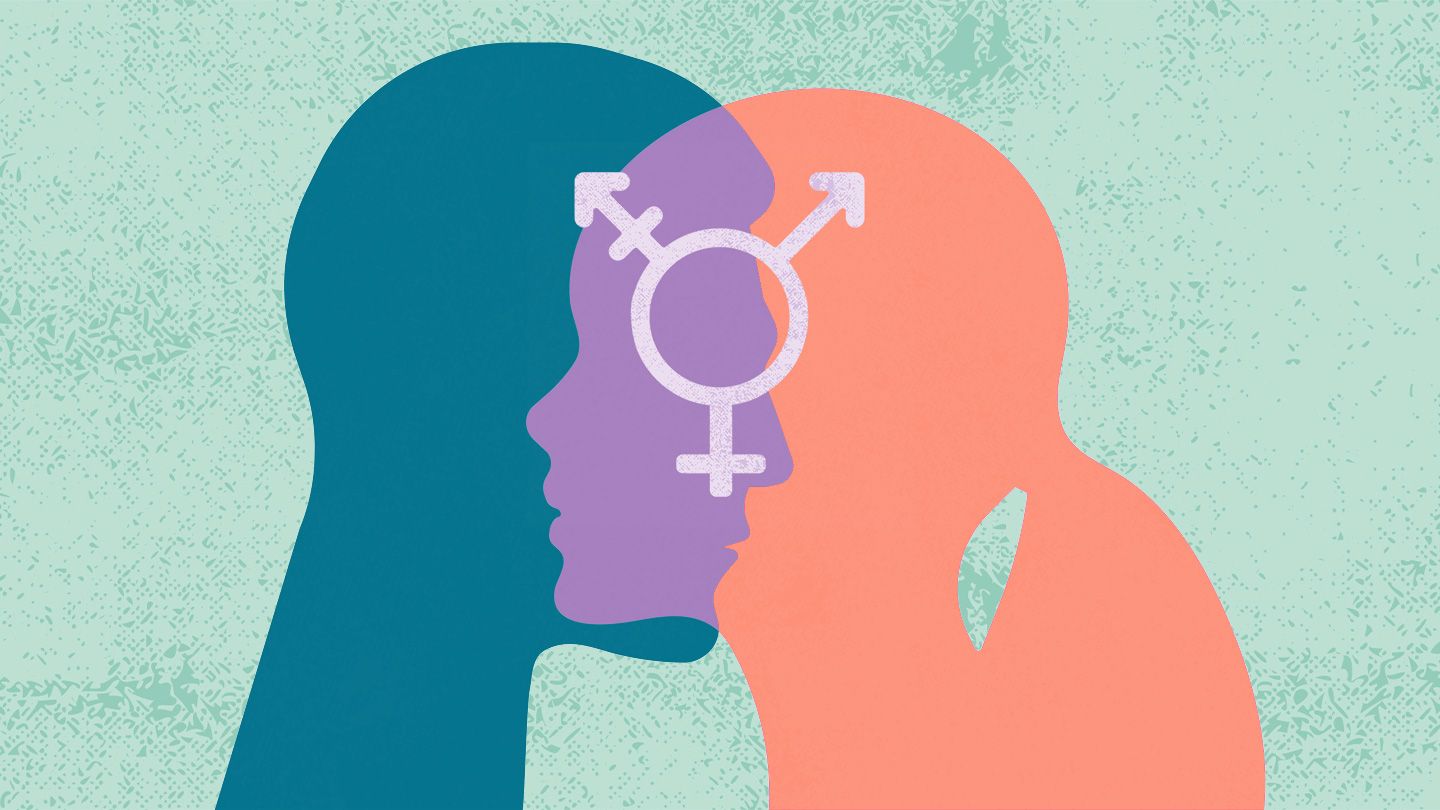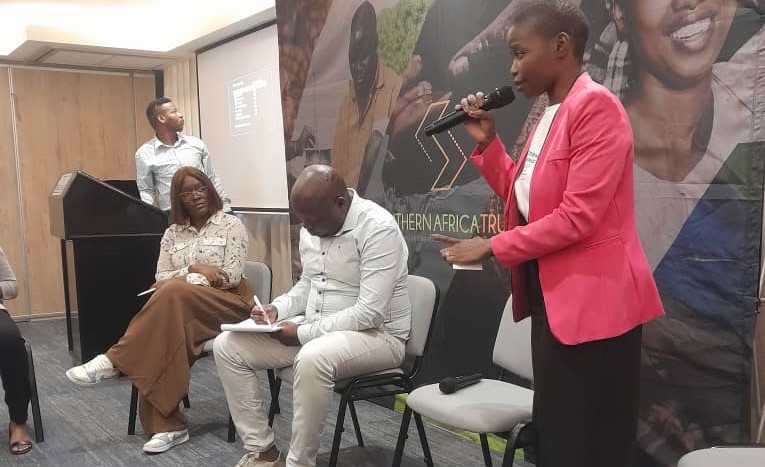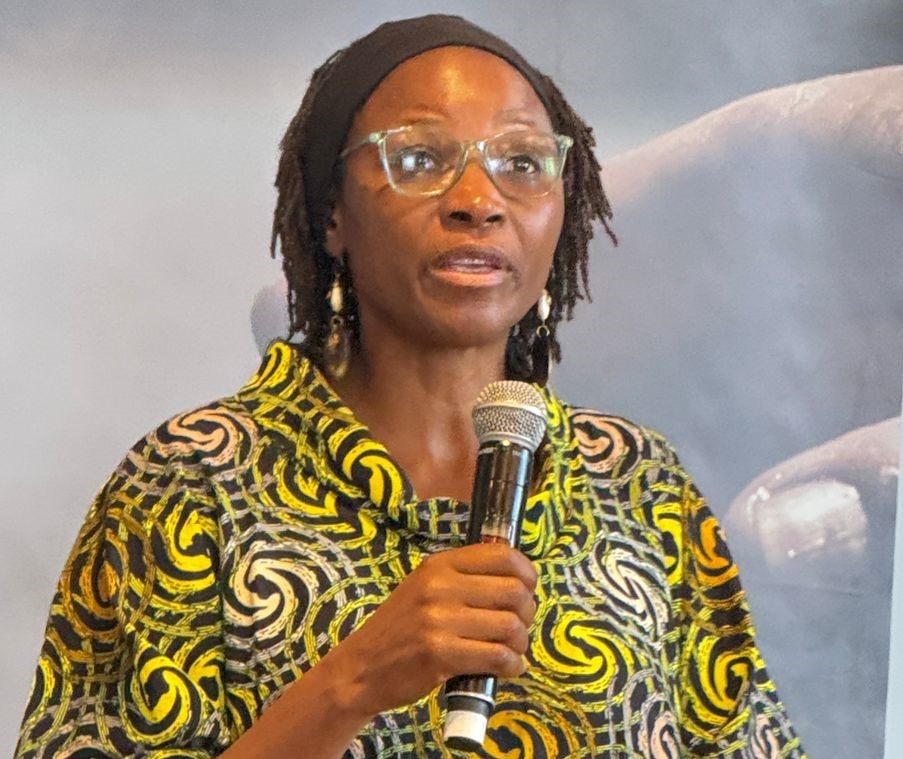Tendai Charamba
Achievements by the public health sectors of Southern Africa countries would not be sustainable unless gender imbalances in health initiative leadership roles are addressed, it has been argued.
This observation is captured in a recent research report produced by WomenLift Health, a Civil Society Organisation (CSO) working to expand the power and influence of talented women in global health, and to catalyse systemic change to achieve gender equality in leadership.
Titled, WomenLift Health Southern Africa Stakeholder Analysis Report, the document critiques the persistent inequalities faced by women in the public health sector regardless of decades of progressive gender equality policies.
“Even in countries with notable national progress, such as Namibia, which recently elected its first female president, or South Africa, which has near gender parity in politics, the public health sector tells a different story. Women remain underrepresented in senior roles, particularly at the district and provincial levels, with Zambia reporting just 13% female district health leaders,” said WomenLift Health in a follow-up statement.
Based on a comprehensive stakeholder analysis across 10 countries namely Angola, Botswana, Eswatini, Lesotho, Malawi, Mozambique, Namibia, South Africa, Zambia, and Zimbabwe; the report reveals that gender policies celebrated at the national level frequently fail to translate into equitable workplace realities.
The report explores several historical factors including the impact of colonialism on gender, as well as ingrained patriarchal structures that shape contemporary society.
Read the full report here.
The report contends that due to entrenched institutional cultures, biased promotion systems, and caregiving expectations act as barriers against the rise of women to leadership roles in public health sectors.
“What looks like progress on paper is often a façade. Inside health systems, women are still hitting invisible walls. If we are serious about building resilient and effective health systems, we must be serious about intentionally having women being part of the decision-making,” said WomenLift Health Southern Africa Director, Akhona Tshangela.
Read More: For women in Zimbabwe, the green future is paved with illness and exploitation
Among the recommendations made include the need to enable women leaders to advocate for stronger inclusion and gender equitable policies within their institutions, utilizing a participatory model.
The report also calls to focus content on confidence building and strategies for dealing with patriarchal structures and systems.








